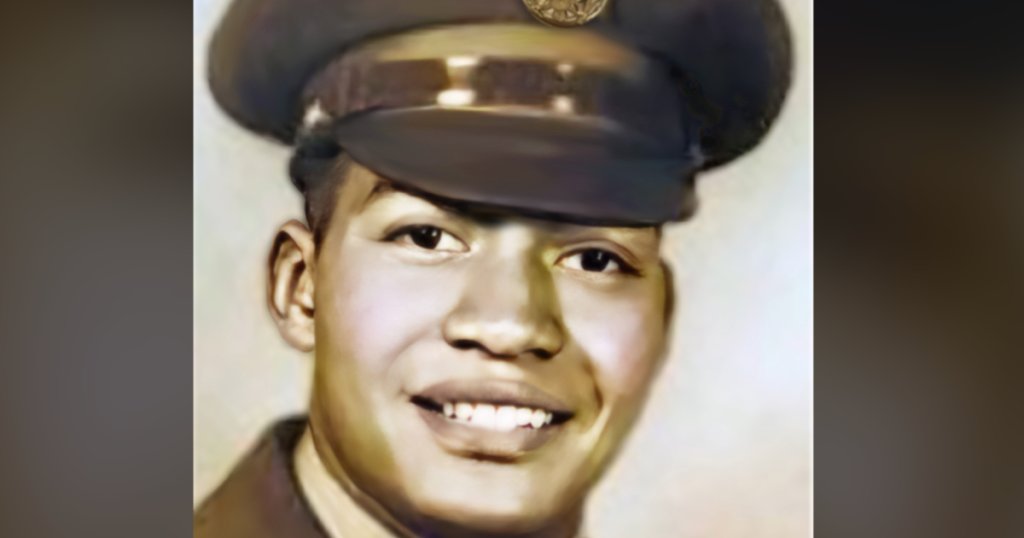Richard Cavazos, the first Hispanic four-star general in the U.S. Army, will finally be awarded the Medal of Honor posthumously. Cavazos earned the award for his actions during the Korean War in 1953, where he led his company through multiple assaults to destroy an enemy outpost while facing heavy fire. He also returned alone several times to rescue missing soldiers, despite being wounded. Alongside Cavazos, six other veterans will also receive the Medal of Honor, with President Biden expected to present the medals during a ceremony at the White House. One of the recipients, Kenneth W. David, who earned the honor for heroism in Vietnam, is expected to receive the award in person, while families of the deceased recipients will accept the award on their behalf.
The families of these veterans have been advocating for decades for their recognition, with Victoria Secrest, daughter of Cpl. Fred B. McGee, advocating since the early 1990s. McGee is receiving the award for commanding his squad unit in Korea after its leader and others were wounded during an assault, choosing to stay behind to evacuate the wounded and dead despite his own injuries. Some veterans, like PFC Charles Johnson, have been honored in their home communities with statues that depict their heroic actions. Johnson, who saved the lives of multiple wounded soldiers in Korea, is posthumously receiving the Medal of Honor for his actions in June 1953.
While the recognition of these veterans is long overdue, their impacts on their communities were immediate. Family members of recipients like Pvt. Bruno R. Orig, who administered first aid while under attack in Korea, have shared stories of their encounters with these heroes. Capt. Hugh R. Nelson Jr., who sacrificed his own life to save wounded crew members when his helicopter was struck by enemy fire in Vietnam, demonstrated remarkable bravery. PFC Wataru Nakamura, who died rushing at enemy forces in Korea, was described by his nephew as someone who would have been honored but humble to receive the award.
The stories of these Medal of Honor recipients reflect their selflessness, courage, and dedication to their fellow soldiers. Their actions in the face of danger serve as a reminder of the sacrifices made by those who serve in the military. The renaming of Fort Hood to Fort Cavazos in honor of Gen. Richard Cavazos is a testament to his lasting impact on the Army and the nation. The upcoming ceremony at the White House where the Medal of Honor will be awarded to these veterans serves as an important recognition of their valor and heroism, showcasing the enduring legacy of these individuals within the military community.
As the families of these veterans finally see their loved ones honored with the nation’s highest military award, it represents a long-awaited acknowledgment of their sacrifices and contributions. The dedication of advocates like Victoria Secrest and others has played a crucial role in ensuring that these heroes are recognized for their bravery and courage. Their stories serve as inspirations for future generations and highlight the remarkable feats achieved by these Medal of Honor recipients in defense of their country.














